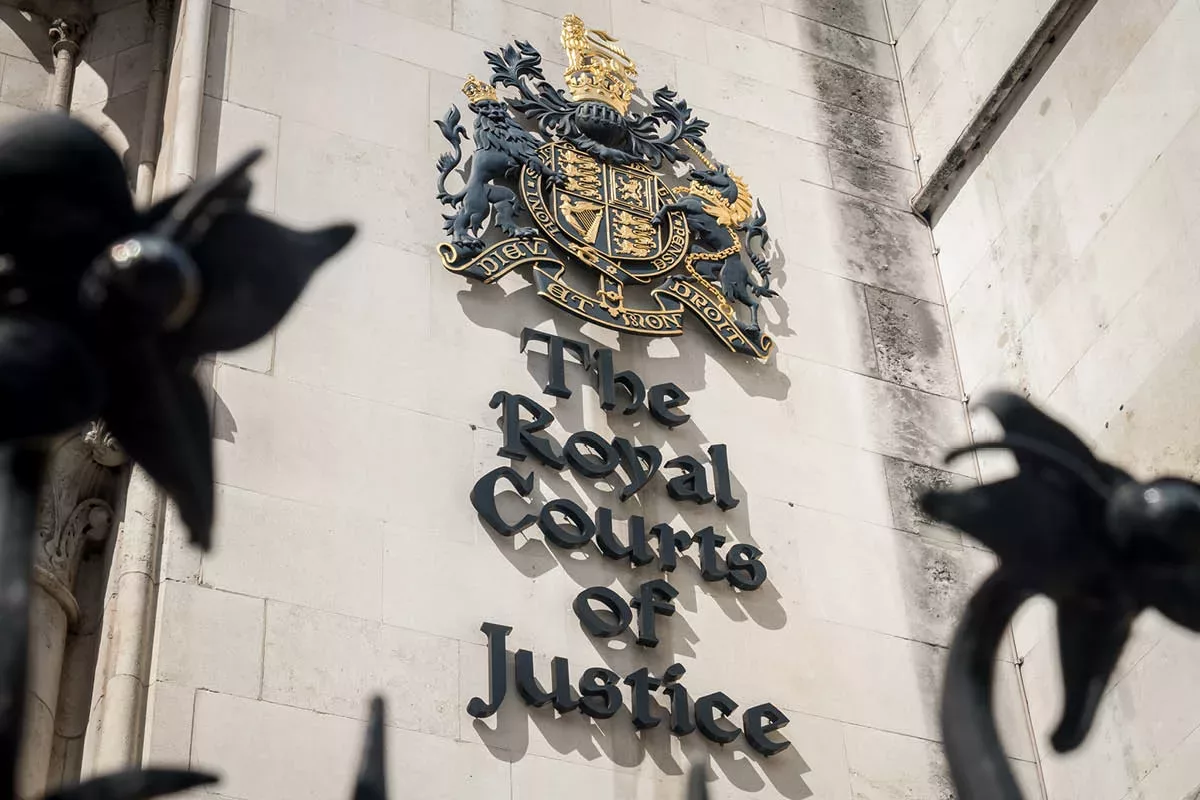Jemma Dally, Partner and Head of our International Child Care Department acted for Family Rights Group, a leading charity which works with families involved with children services, in last week’s Supreme Court case of Williams v LB Hackney. Jessica Johnston, an Assistant Solicitor in the International Child Care Department, assisted Jemma on this case.
The case concerned the use of a voluntary s.20 arrangement between the London Borough of Hackney and Mr and Ms Williams in respect of their children following a criminal investigation of child assault and neglect. Mr and Ms Williams were on police bail whilst the investigations were ongoing and, as a condition of their bail, were not allowed to have unsupervised contact with their children.
A section 20 arrangement can only be entered into with a parent if they do not object to the arrangement. It allows a local authority to accommodate a child. A s.20 agreement can be used, as it was in this case, where local authority and/or criminal investigations are ongoing in relation to children’s safety and welfare.
The nature of these voluntary arrangements provides that a parent can object to the arrangement at any time and, in the event of a parent objecting, the child/children should be returned immediately. In this case Mr and Ms Williams communicated their objection to their local authority (the London Borough of Hackney), however the children were not returned until their bail conditions had been lifted 49 days later.
Goodman Ray, on behalf of Family Rights Group, successfully applied to intervene in the proceedings and were given permission to make oral and written submissions.
Family Rights Group sought to assist the court in relation to the operation of s.20 arrangements.
Our submissions, which largely stemmed from the Family Rights Group Knowledge Inquiry into voluntary care arrangements (which can be found at https://www.frg.org.uk/images/YFYV/KI-Report-10.07-final.pdf), highlighted that there was a lack of guidance available to social workers about the operation of s.20 arrangements and that parents were not being provided with enough information to allow them to make a fully informed decision. The Inquiry further recommended that a national standards and templates should be made available to assist social workers and regulate s.20 arrangements.
The full hearing was recorded and can be found at: https://www.supremecourt.uk/cases/uksc-2017-0037.html . A summary of the facts and a copy of the judgment being appealed can also be found by visiting this link.
Our oral submissions by Alex Verdan QC can be heard in the morning session of Day 2 – 2:12 – 2:33.
Judgment in this matter has been reserved. A link to the judgment will be provided once it has been handed down.
Tom Trim

